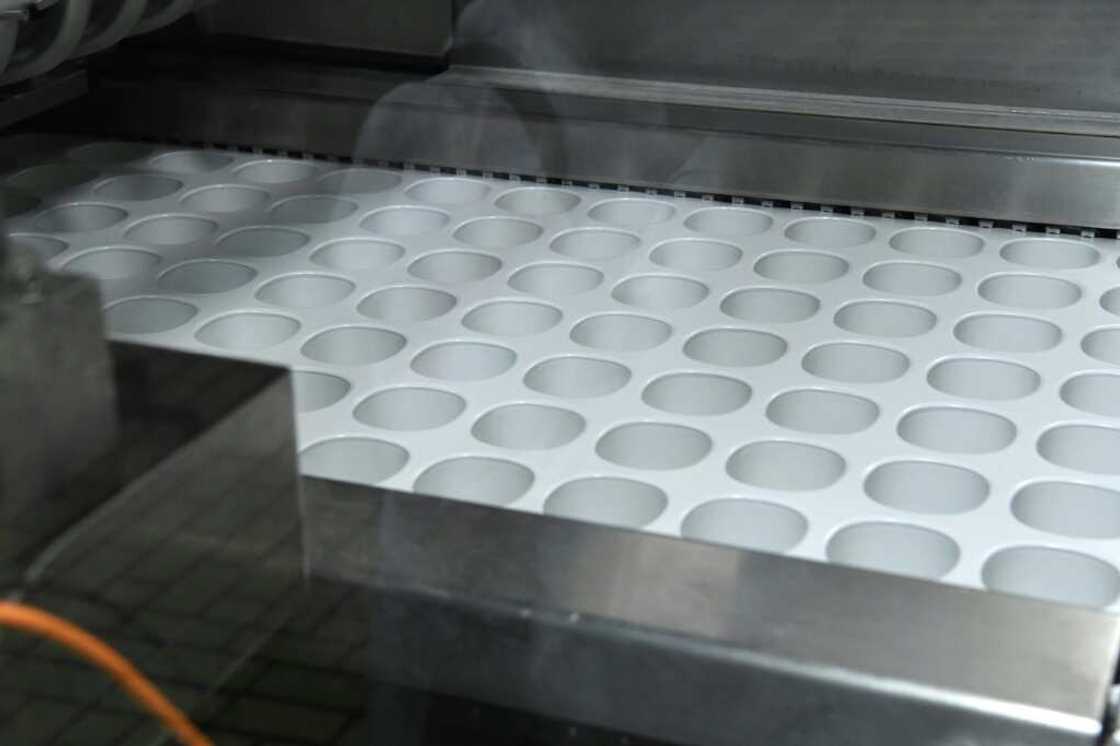How to Start Yoghurt Business in Nigeria: Startup Cost, Equipment and Profit Potential
- According to research, Nigeria’s growing middle class presents an opportunity for yoghurt and dairy products
- The country faces about $1.3 billion import bill for dairy products for over 170 million Nigerians
- Starting a yoghurt business requires some capital, but the return on investment ranges from 46.1% to 115%, experts say
Legit.ng’s Pascal Oparada has reported on tech, energy, stocks, investment and the economy for over a decade.
With Nigeria’s growing middle class, who are sensitive about nutrition, yoghurt is one of the dairy products in high demand in the country.
However, its production is a neglected area, but data shows that 98% of Nigeria’s dairy needs, including milk, are imported.

Source: Getty Images
Nigeria presents a massive opportunity for investors
According to operators and experts in the dairy industry, Nigeria is battling with about $1.3 billion import bill for dairy products for 170 million Nigerians.
The development shows the massive opportunity in the industry for investors.
With strong population growth, especially among children and young people, milk consumption has been on a steady rise recently.
Yoghurt continues to be one of the dynamic categories in packaged food, done in trendy and flavoured formats that are widely available.
The cost of starting a yoghurt production business
According to reports, some companies have invested in processing milk into several products such as ice cream, ghee, powdered milk and yoghurt.
Yoghurt is a healthy source of milk, and the capacity to produce a low-sugar brand for the elderly, the diabetic, and a moderate sugar type for other classes is an advantage.
BusinessDay reports that yoghurt production could cost between N2 million and N10 million, depending on the type of equipment and its sources.
The major raw materials used to make yoghurt include: milk, milk powder, stabilisers, sugar, flavour, colour, and others.
Equipment for processing yoghurt business
Additionally, yoghurt production requires major machinery such as a motorised stainless steel mixer, an incubator, a pasteuriser, a filling machine, a UV Lamp, transfer pumps, a pH meter, a shrink wrapper, and a weighing machine.
Reports say some of the machines are imported; however, some of them are locally fabricated by the Federal Institute of Industrial Research (FIIRO) in Oshodi, Lagos or the Project Development Institute (PRODA) in Enugu.
Local fabricators can also produce some machines for entrepreneurs.
FIIRO revealed that the return on investment is about 46.1%, while the return on equity can be as high as 115%.

Source: AFP
The payback period is between 34 and 19 months, while the break-even point is about 51.8%.
Everything you need to start a POS business
Legit.ng earlier reported that the Point-of-sale (POS) business is gradually becoming one of the most lucrative or profitable businesses, and more Nigerians are turning to it amid rising unemployment and a growing number of bank accounts.
According to Nigeria Inter-Bank Settlement System Plc (NIBSS), there are 191.4 million bank accounts in the country, out of which 133.5 million accounts are active as of December 2021.
The breakdown of bank accounts, NIBSS said is 49.8 million current accounts, 120.4 million savings accounts, 8.9 million corporate accounts and 179.2 million individual accounts.
Source: Legit.ng



